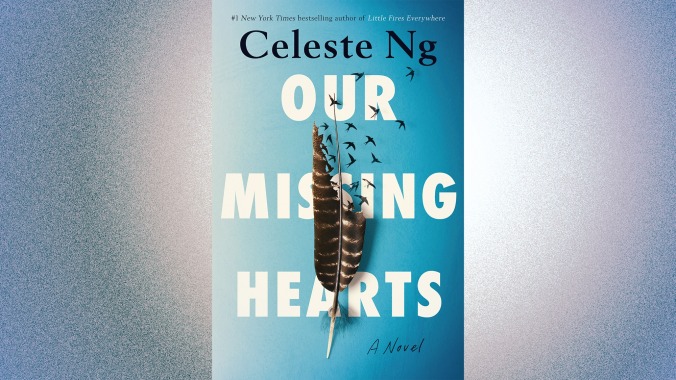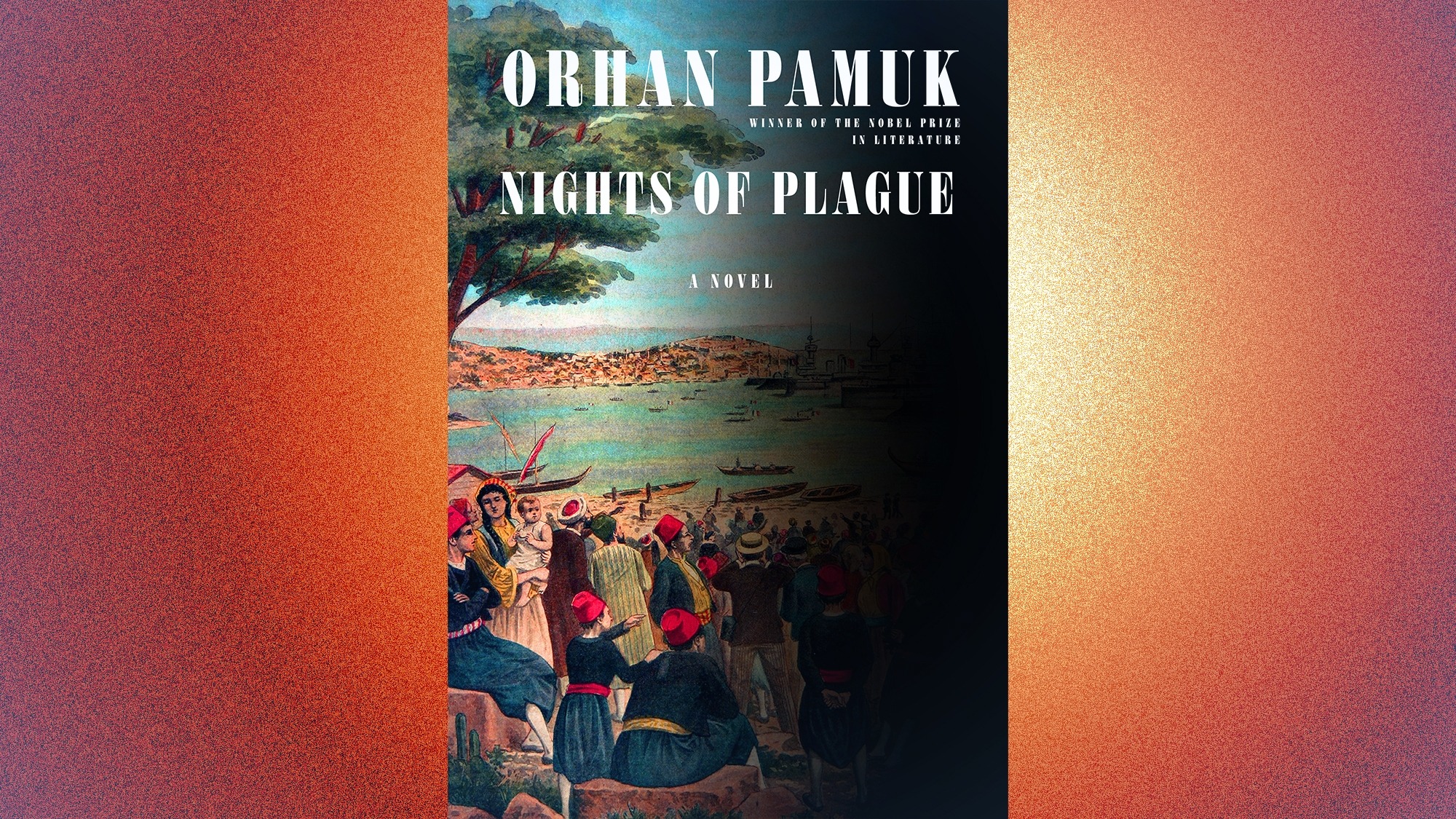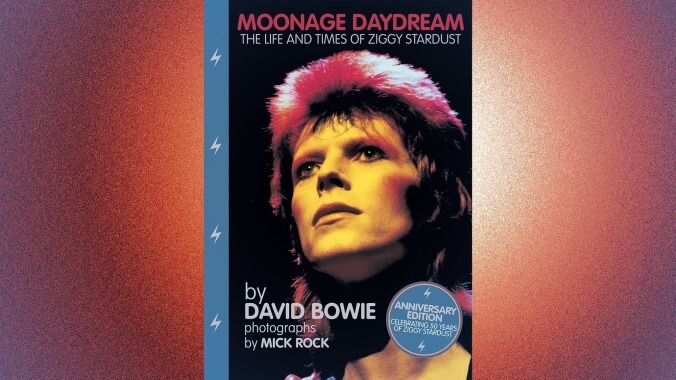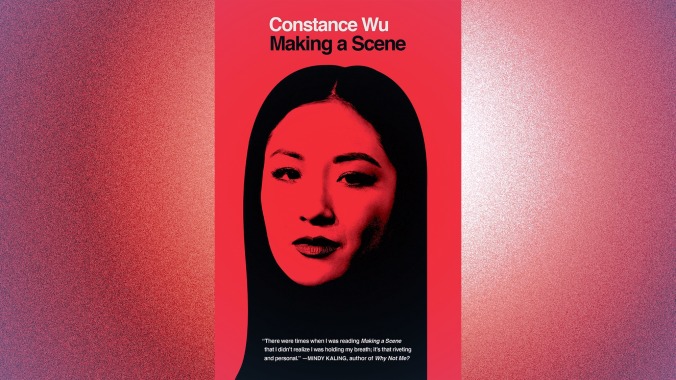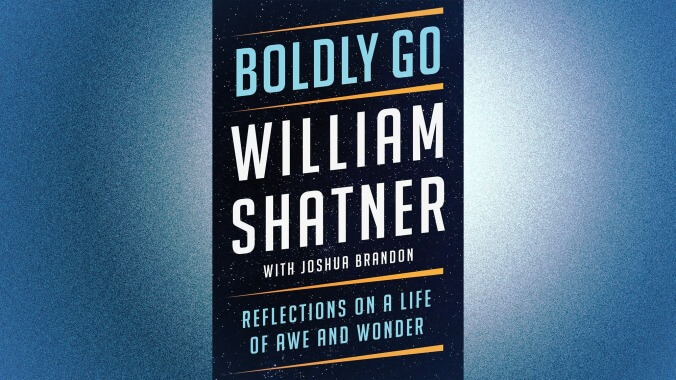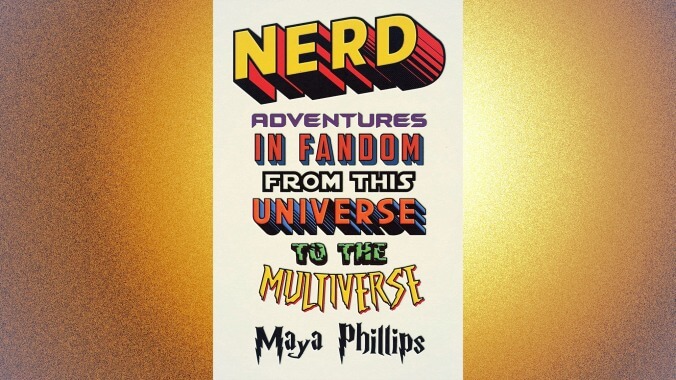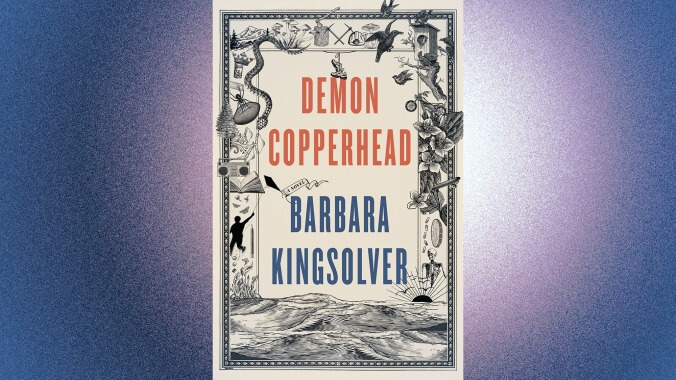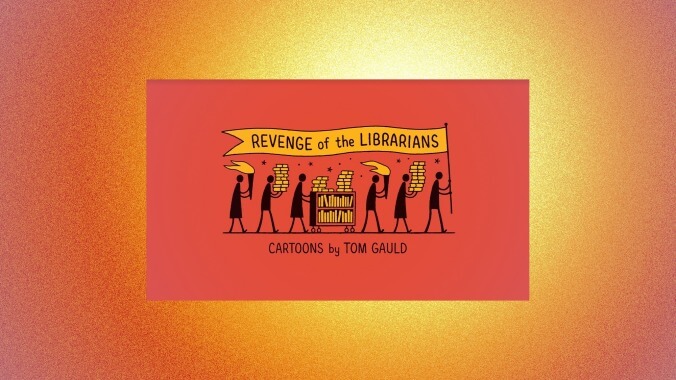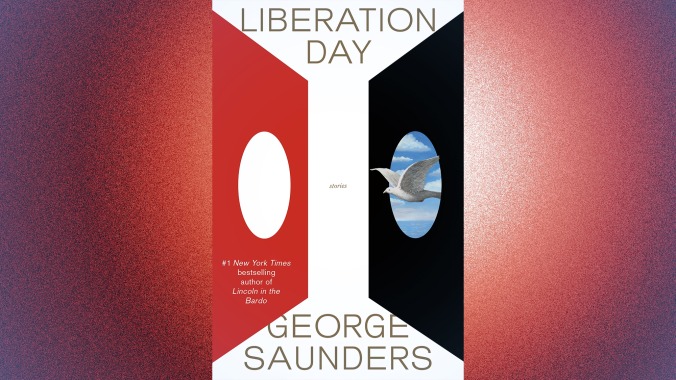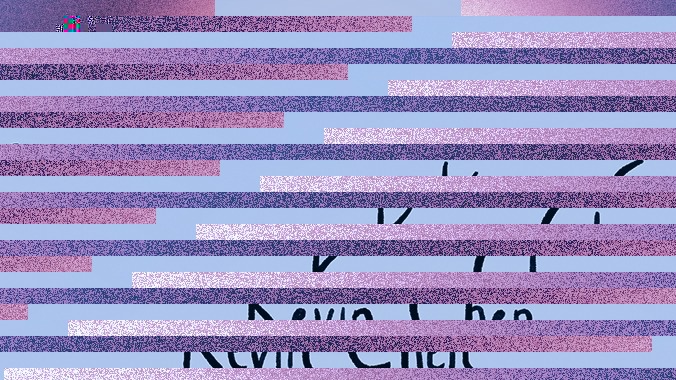10 books you should read in October, including David Bowie's Moonage Daydream and William Shatner's Boldly Go
Also check out Nerd by Maya Phillips, Demon Copperhead from Barbara Kingsolver, and more
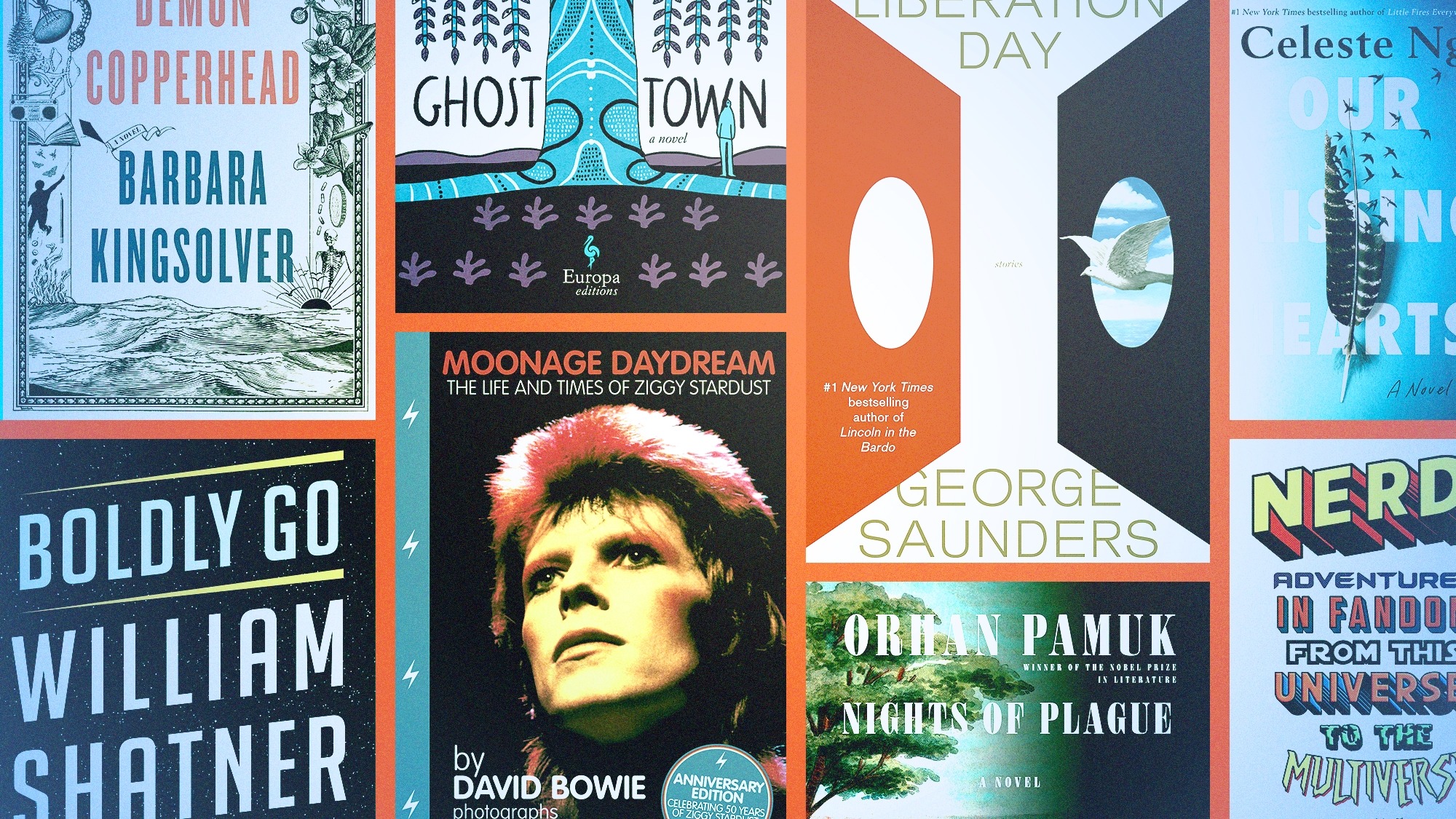
Clockwork from bottom left: Boldly Go (Image: Atria); Demon Copperhead (Image: Harper); Ghost Town (Image: Europa Editions); Liberation Day (Image: Random House); Nerds: Adventures In Fandom From This Universe To The Multiverse (Image: Atria); Nights Of Plague (Image: Knopf); Moonage Daydream (Image: Genesis Publications) Graphic: Libby McGuire
Every month, a deluge of new books comes flooding out from big publishers, indie houses, and self-publishing platforms. To help you navigate the wave of titles arriving in October, The A.V. Club has narrowed down the options to 10 books we’re most excited about, including a collection of hundreds of photographs chronicling David Bowie’s Ziggy Stardust era, a ninth autobiographical outing from Captain Kirk himself, William Shatner; and the tumultuous memoirs of Fresh Off The Boat star Constance Wu.
Join the discussion...
